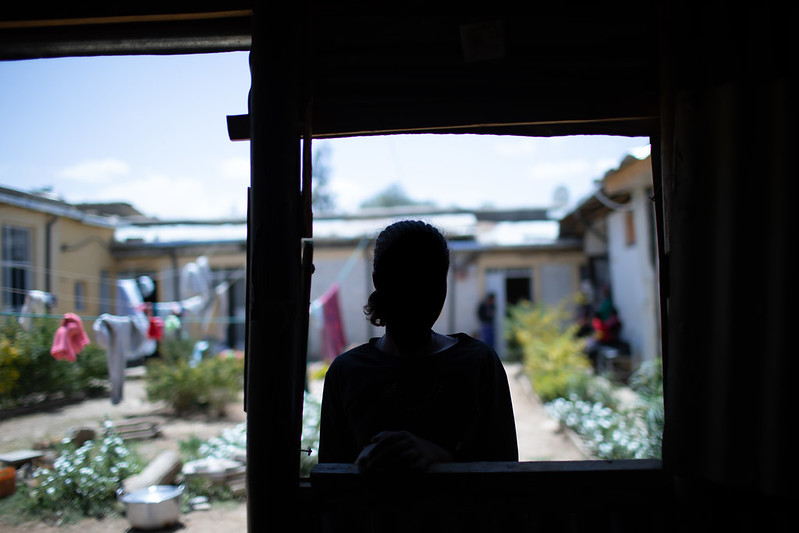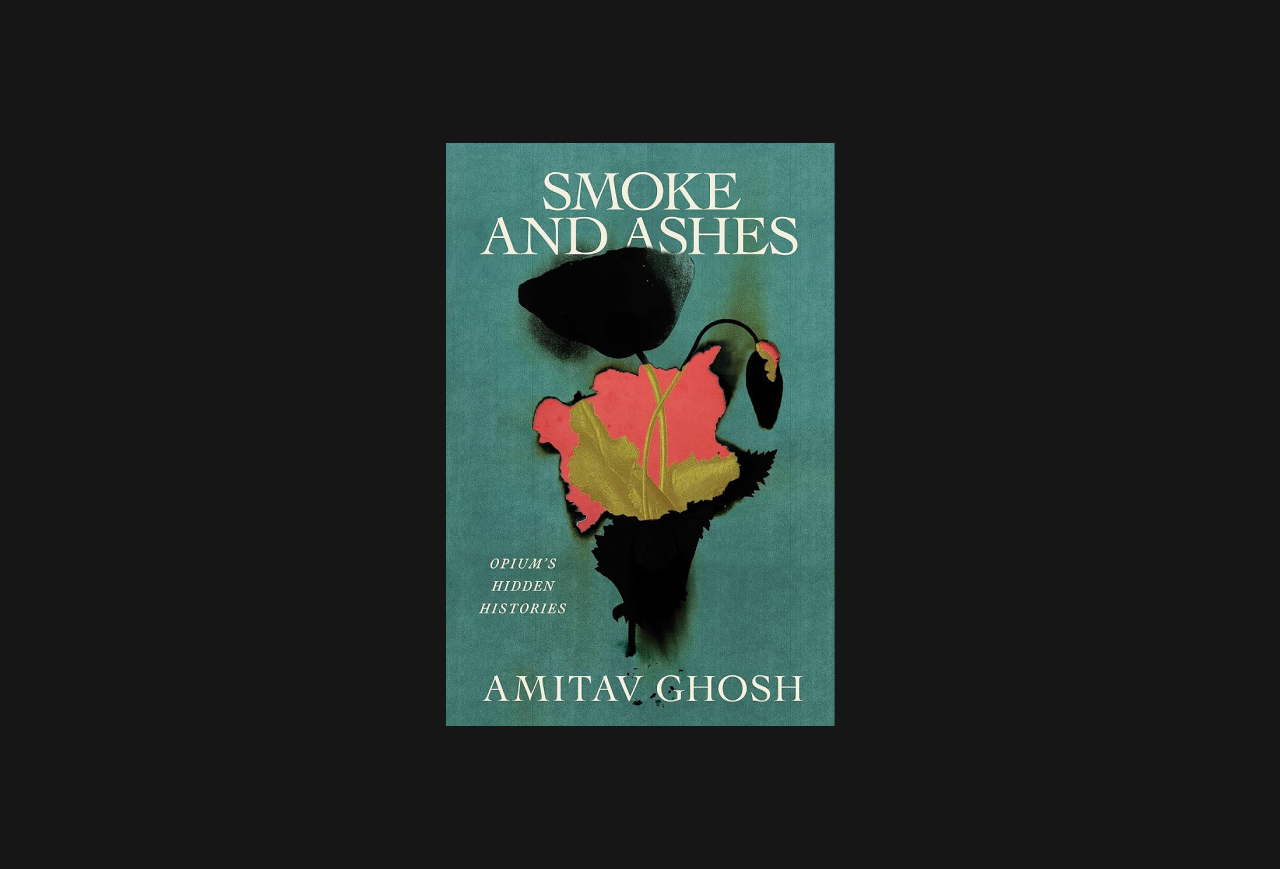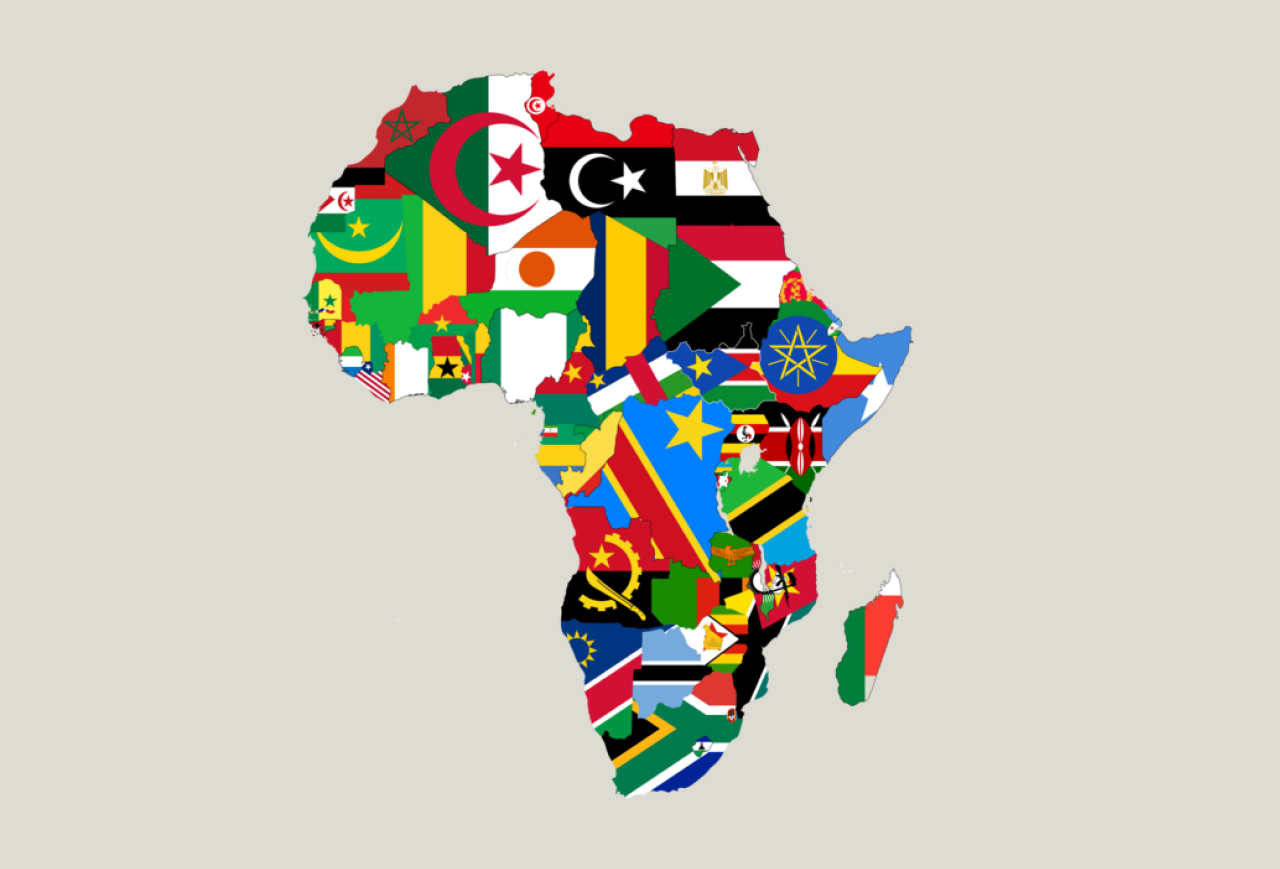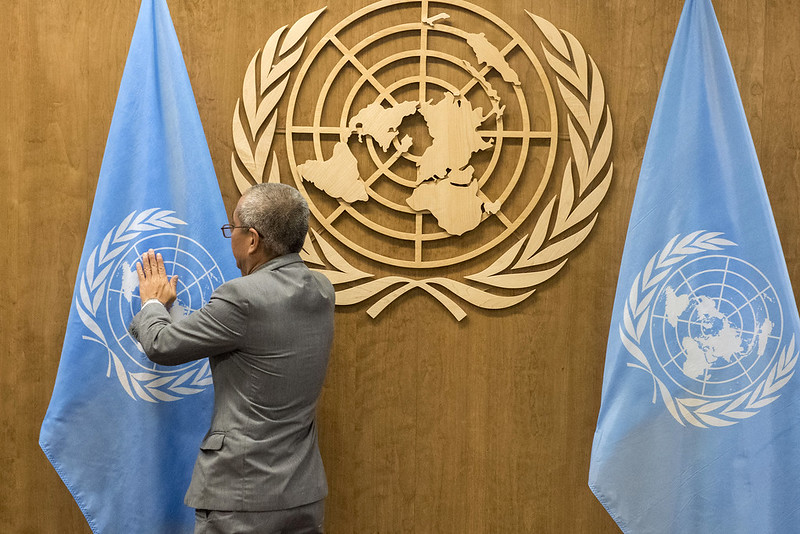Alex de Waal & Chidi Odinkalu
The governments of the western world have decided that they don’t care about the human rights of Ethiopians. Or, perhaps, that there are things more important than an independent, impartial, international process of investigating violations and pressing for accountability.
On October 4, the United Nations International Commission of Human Rights Experts on Ethiopia is due to be disbanded, unless member states take last-minute action—which none of them appear minded to do. Silence is a choice. American and European diplomats and politicians are making that choice.
The Biden Administration’s strategy to respond to mass atrocities and the European Union’s atrocities prevention toolkit are, for Ethiopians, a dead letter. This is happening while reports of violations in Ethiopia’s new war in Amhara region are cause for immediate concern and a new report by the UK All-Parliamentary Group on International Law, Justice and Accountability documents atrocities—recent and ongoing—in Tigray.
The ICHREE was set up in 2021 to document violations associated with the ongoing war in Tigray. Previously, the UN Commissioner for Human Rights had undertaken a joint investigation with the Ethiopian Human Rights Commission, the methods and findings of which independent observers did not consider sufficiently credible or impartial. The three-person Commission, chaired by an African, obtained no cooperation from the Government of Ethiopia, nor indeed from UN organizations in Ethiopia. Nonetheless it published the most significant report into atrocities committed during the Tigray war.
No-one who reads the report will conclude that human rights violations associated with the war in Tigray are a minor matter or a matter that can be considered over. The commissioners insist that their work is unfinished.
There are two rationales for disbanding the ICHREE. Neither is convincing.
The first is that, following the Permanent Cessation of Hostilities Agreement (PCoH), signed in Pretoria between the Federal Government and the Tigray People’s Liberation Front, the war in Tigray is over and therefore there is no significant risk of continuing human rights violations. This is nonsense. Substantial areas of Tigray remain occupied by Eritrean forces which continue to commit egregious abuses including killing, rape and forced displacement. Western Tigray was annexed to Amhara region during the war and ethnic cleansing and continuing violations continue there. Victims and survivors of violations, especially sexual and gender-based violence, are highly vulnerable.
Meanwhile, the wars in other parts of Ethiopia continue or intensify. The pre-existing conflict in Oromiya is unresolved. This is associated with egregious violations of human rights. Conflicts within and between other regions including Beni Shangul-Gumuz, Somali and the southern region are either continuing or could flare up again at any moment.
Most significantly, the new war in Amhara Region has been accompanied by reports of serious human rights violations, with hundreds killed and more than a thousand detained. Despite the claim by the Federal Government that it is merely using emergency powers to re-establish law and order, this conflict has all the signs of a protracted war, in which abuses will escalate.
The second rationale for ending the mandate of the ICHREE is that the Ethiopian government’s own transitional justice processes will be credible, expeditious, impartial and effective, so that the role of the UN experts is redundant.
There is, to put it mildly, no evidence to support this. As one might expect from a government engaged in an armed conflict, its own investigations routinely reach conclusions favorable to the government and at odds with independent investigations. As noted by Human Rights Watch, ‘government investigations into abuses by Ethiopian federal and regional forces have been opaque or intended to deflect pressure for international investigations rather than genuinely advancing justice and redress.’
In January this year, the Federal Government published a paper outlining ‘policy options’ for transitional justice. As its title indicates, this commits the government to no definitive course of action. The government promised an inclusive, nationwide consultative process to conclude by September, resulting in a modernized justice system.
Even if such a process were underway, the ongoing conflicts in Amhara and Oromo regions mean that consultations cannot be inclusive and policies cannot credibly be implemented. Even the most honest, best-intentioned human rights investigators in Ethiopia would be placed under intolerable strain if required to work under an official mechanism, which is beholden to a belligerent in an ongoing war.
Additionally, no national Ethiopian process can deal with violations by Eritrean forces.
The Interim Government of Tigray has expressed its disagreement, stating that, ‘the people of Tigray do not have trust in the current formulation and organization of the transitional justice policy,’ and arguing that the policy is not consistent with the provisions for justice in the Pretoria agreement.
Why is America and Europe failing to acknowledge these obvious points and take the minimum step of keeping the ICHREE mandated and functional?
The answer lies in the way in which universal human rights principles have become a political football, kicked around to score goals.
The Ethiopian Human Rights Commission is pressing for the ICHREE to have its mandate suspended, with the option of it getting a new mandate in a year’s time. The ostensible reason is to give time to test out the national process. That’s not convincing. Any national human rights body should welcome a UN investigation, in part because it will provide cover for its own criticisms of government. Perhaps the EHRC hopes that a new mandate will switch the focus from yesterday’s war in Tigray to today’s unfolding war in Amhara. If so, it will be too late, not only for the mounting toll of victims in this new war, but also for the credibility of the EHRC.
Meanwhile, the Ethiopian Government has been effective at capturing the staff of important multilateral institutions. The African Union was an easy target. The African Commission on Human and People’s Rights quietly closed its inquiry into Tigray in May, without any reporting or debate on the decision. ‘African solutions to African problems’ don’t seem to include universal human rights standards for Africans.
Staff members of various UN agencies in Addis Ababa have often been reliable echo chambers for official talking points—especially as the most knowledgeable, and most independent-minded, were expelled in 2021. Obeisance extends to the Addis Ababa office of the Commissioner for Human Rights, whose staff appear to be more concerned with bureaucratic procedure than sensitivity to victims, and who did not cooperate with the ICHREE.
Diplomats assigned to Ethiopia have often seen their tasks as burnishing the reputation of the government so that bilateral ties can be restored, and investment and aid can flow untroubled by human rights concerns.
The European Union position, guided by its special envoy for the Horn of Africa, is to take Prime Minister Abiy Ahmed at his word. An early fan of the prime minister, she received a prize from him at a ceremony to celebrate the Pretoria agreement in April this year. EU High Representative Josep Borrell has walked back his earlier principled position on calling out massive human rights violations, pointedly focusing on other issues in his statements.
In Washington DC, the White House does not want to be bothered by African problems. Secretary of State Anthony Blinken’s words at the Holocaust Memorial Museum, on the anniversary of Srebenica in 2010 and on international crimes in Myanmar last year, can be re-paraphrased as ‘never again will the United States stand by while innocents are slaughtered in places that matter to us.’
Shame on those who choose silence.
Photo: The 18-year-old, Survivors of gender-based violence stands for a portrait in Mekelle, on April 15, 2021, UNICEF Ethiopia (CC BY-NC-ND 4.0 Deed)



